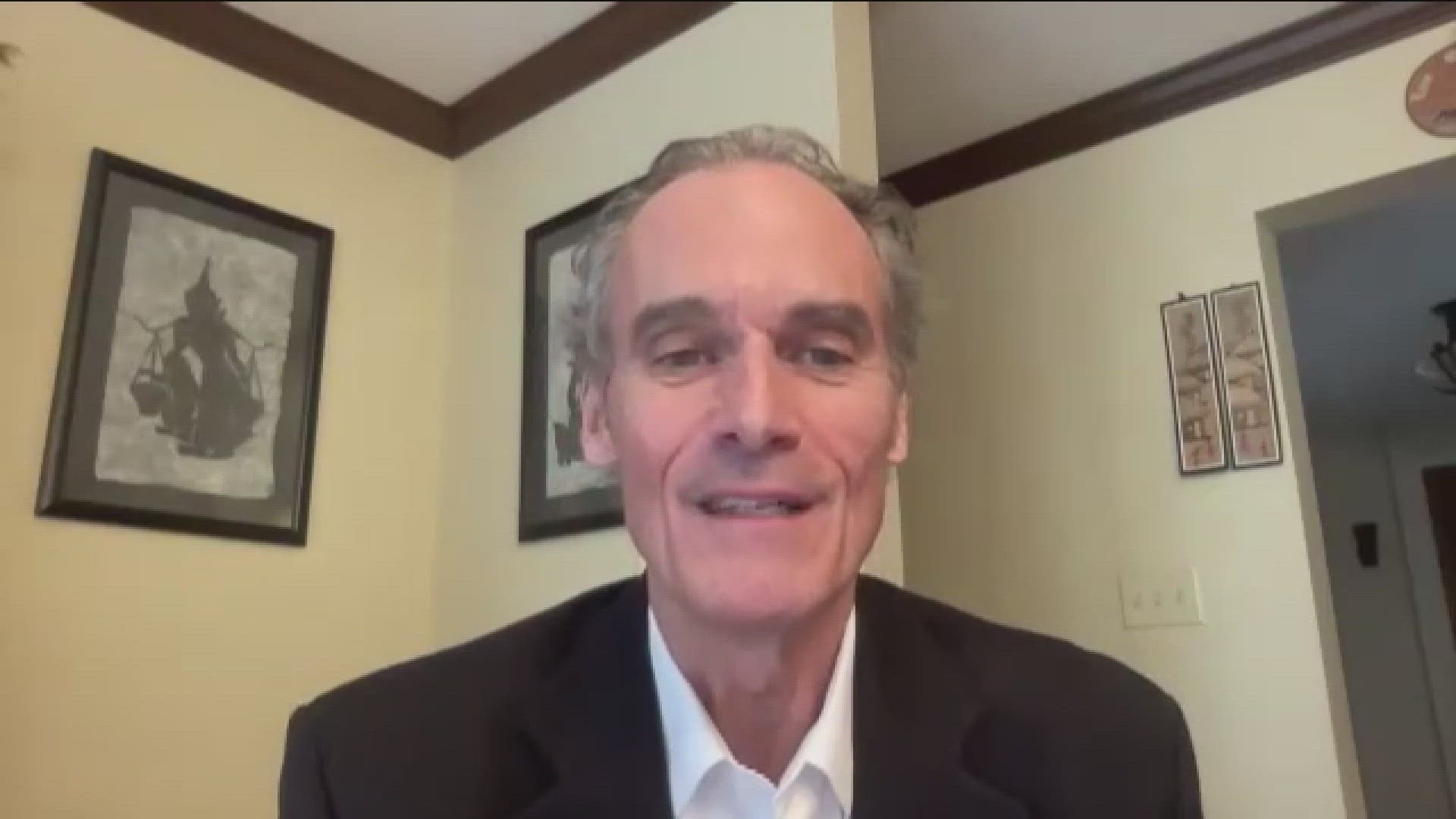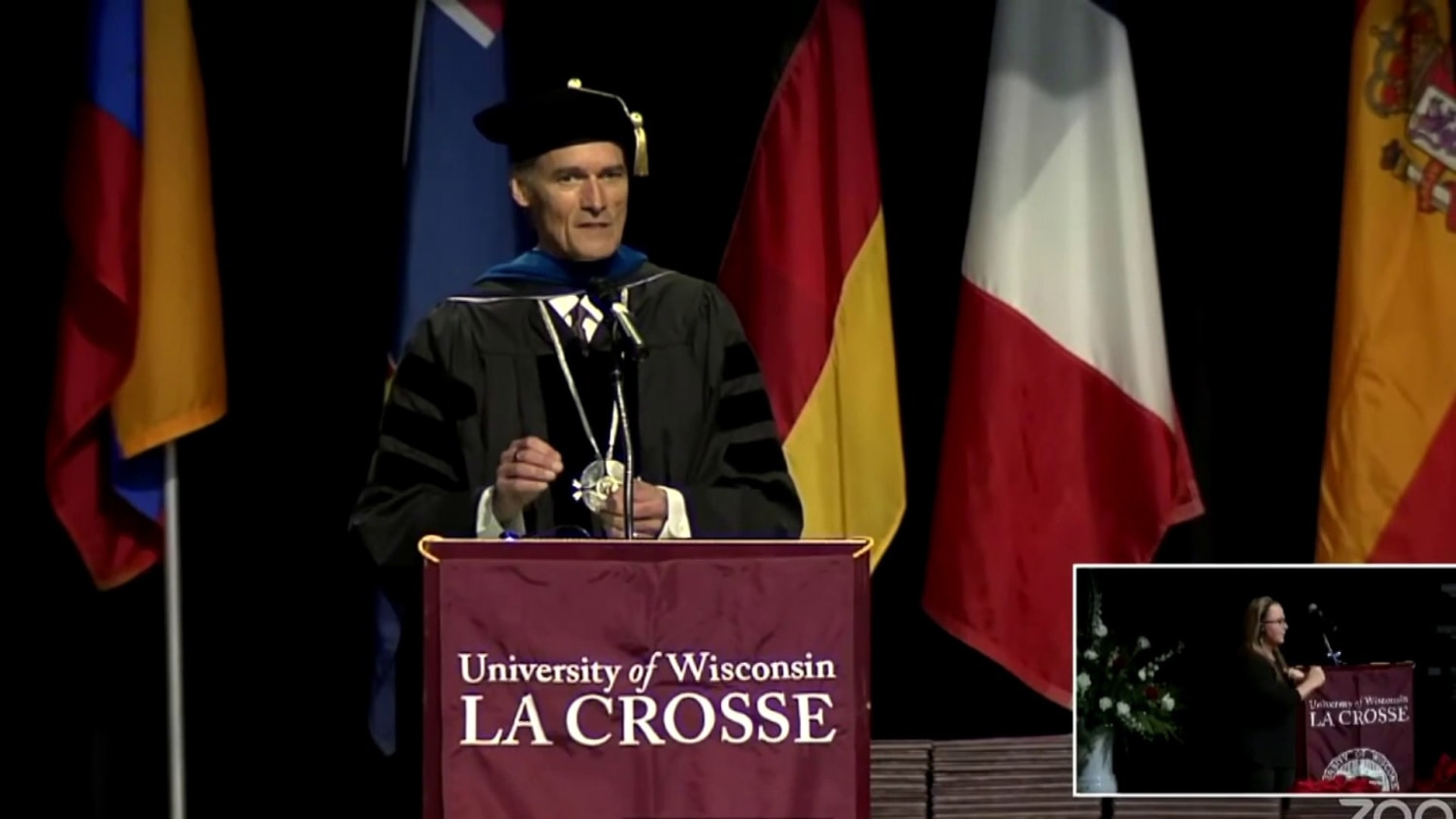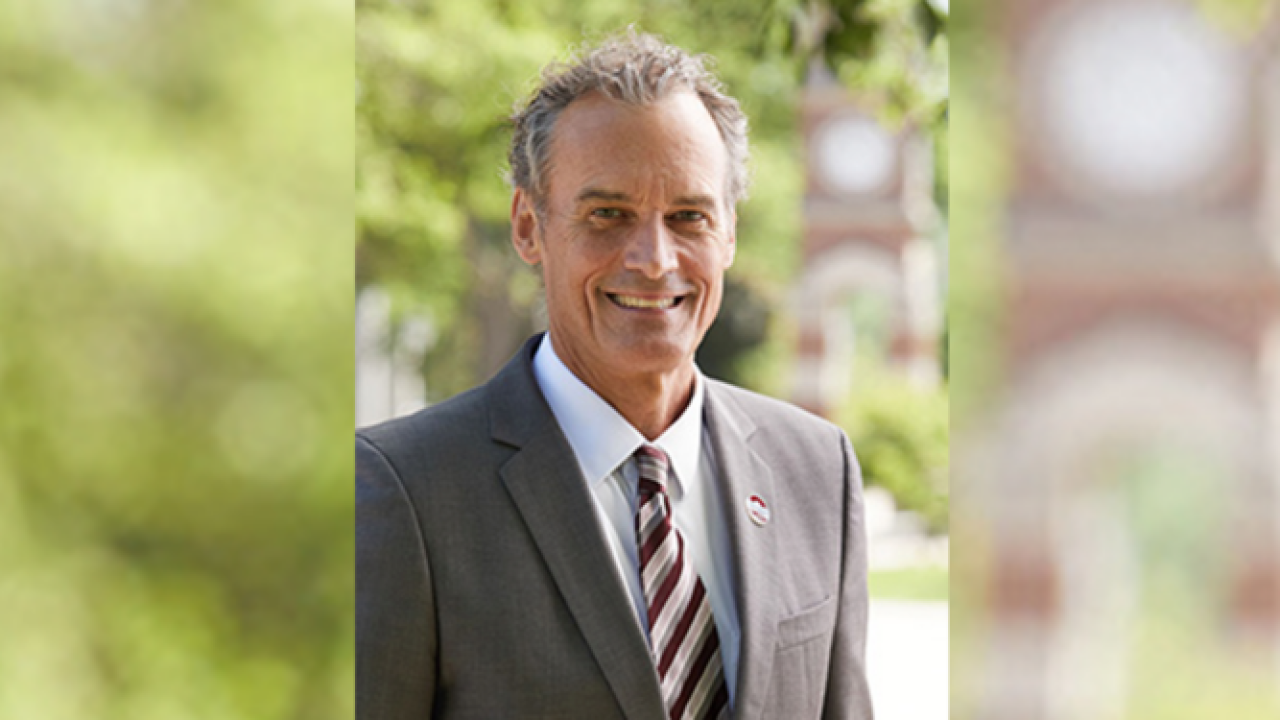
In a stunning and unexpected development, the University of Wisconsin Chancellor, Joe Gow, has been removed from his esteemed position by the Board of Regents. This decision has been made in light of a scandal that has recently come to light, involving Gow and his wife, Carmen Wilson. It has been discovered that the couple had been involved in the creation and distribution of explicit adult content on the internet. This revelation has sent shockwaves throughout the university community and has raised serious questions about the integrity and professionalism of the individuals in question. The Board of Regents, in their swift and decisive action, have made it clear that such behavior is unacceptable and incompatible with the values and standards of the university. The removal of Gow from his position serves as a stern reminder that those in positions of power and influence must uphold the highest standards of conduct and morality. The university community now faces the challenge of moving forward and rebuilding trust in the wake of this scandal.
Scandal Rocks University of Wisconsin

The University of Wisconsin’s Board of Regents has made the shocking decision to terminate Chancellor Joe Gow’s tenure after it was revealed that he and his wife, Carmen Wilson, were involved in the creation and distribution of explicit adult content online. This development has raised ethical concerns within the academic community, as university leaders are expected to uphold high standards. Gow, who had served as chancellor for a significant period, now faces the challenge of preserving his legacy amidst the scandal. Wilson, described as a mysterious figure, has become a central figure in the controversy, with her involvement in the explicit content creation attracting widespread attention and sparking debates on social media. The University of Wisconsin has expressed disappointment in Gow’s actions and reaffirmed its commitment to ethical standards in an official statement. Meanwhile, Wilson has chosen to remain silent, refraining from making any public statements regarding the scandal.
Reflections on Personal and Professional Boundaries

The incident involving Joe Gow serves as a powerful reminder of the difficulties educational institutions encounter when dealing with the intricate balance between personal and professional boundaries, particularly in the era of digital media. The ongoing fallout from this scandal raises crucial inquiries about the convergence of private lives and public responsibilities for academic leaders. It highlights the challenges faced by these individuals in maintaining a distinction between their personal actions and their role as public figures. This incident serves as a stark reminder of the complexities that educational institutions must navigate in order to uphold their reputation and ensure the trust and confidence of their stakeholders.
Implications for University Reputation

The University of Wisconsin La Crosse Chancellor, Joe Gow, has been embroiled in a scandal involving a controversial video, leading to his abrupt dismissal by the university’s Board of Regents. The video allegedly features Gow and his wife, Carmen Wilson, engaged in explicit adult content. This shocking turn of events has sent shockwaves through the academic community, raising concerns about ethical conduct and the potential impact on the university’s reputation. Carmen Wilson has become a central figure in the aftermath of the video’s revelation, with social media platforms abuzz with discussions and debates about the consequences for Gow’s legacy. The University of Wisconsin La Crosse has not shied away from addressing the scandal, expressing disappointment over Gow’s actions and reaffirming its commitment to a safe and respectful environment for its academic community.
Challenges in the Digital Age

As the fallout continues, the incident serves as a stark reminder of the challenges faced by educational institutions in the digital age. The intersection of private lives and public roles for academic leaders has come under scrutiny, prompting a broader conversation about the expectations placed on those in positions of authority within the university setting.
